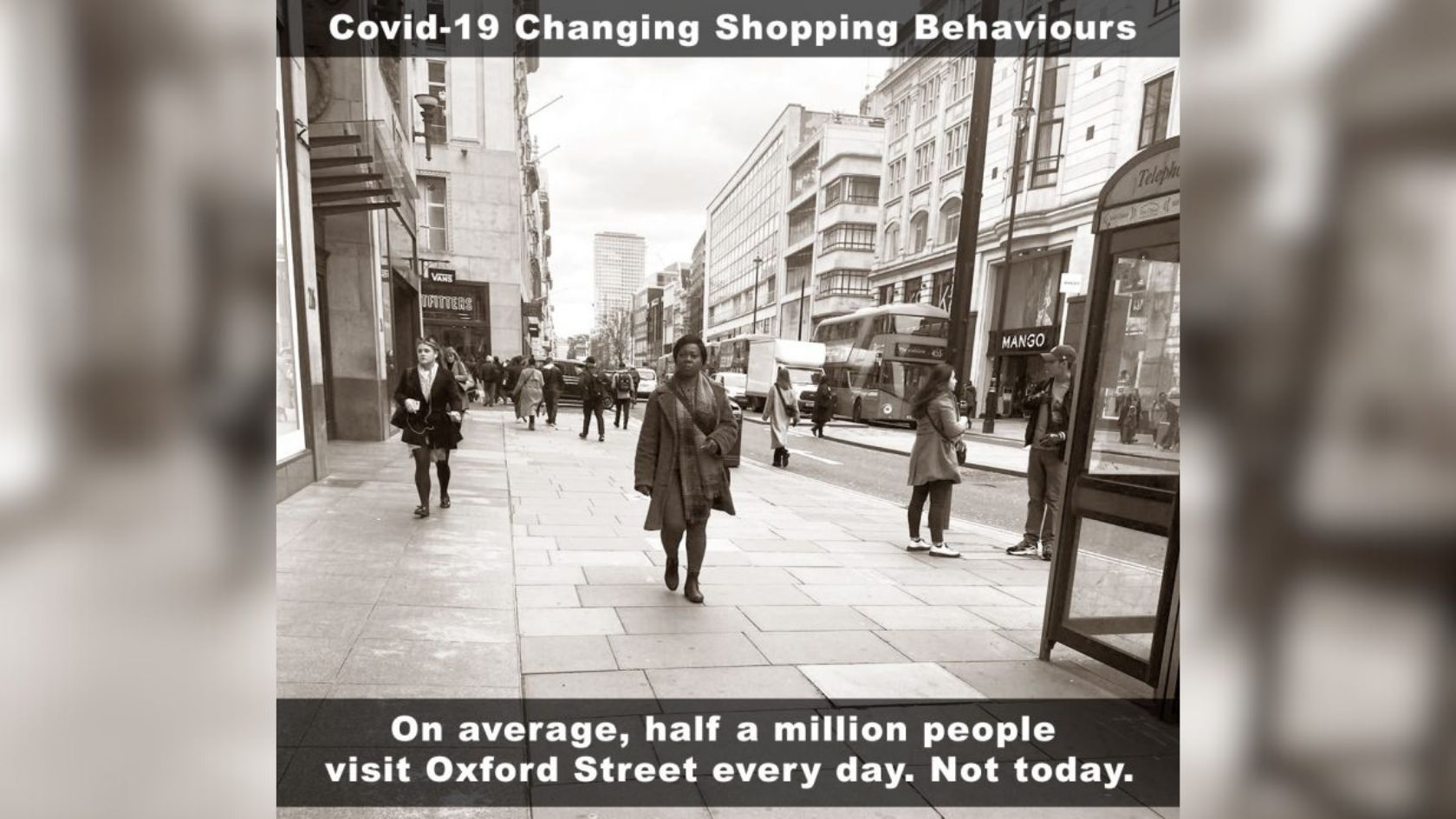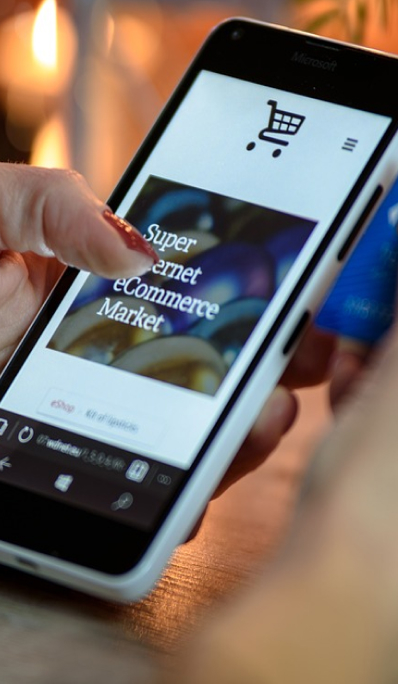As the coronavirus takes hold across the world, there has been a considerable change in consumer purchasing behaviours. The fact that the general public has been asked to self-quarantine themselves has meant that these potential consumers are no longer venturing out to shopping centres in preference to shopping from the comfort of their home.
Now, some people would say that for me to write this article is quite callous, as the coronavirus has taken so many lives; however, one should consider how the coronavirus would cause many work-related casualties, if businesses, especially High Street retailers have a massive decline in sales – this in return would affect their workforce and lead to possible or likely redundancies; not a consideration to look forward to for any business. Some businesses have the technology infrastructure to enable their teams to work from home, this is where the behaviour of the consumer will change and for the long-term. It doesn’t take much for behaviour patterns to change, where convenience and circumstances have an effect on our daily lives.
There’s no argument that e-commerce has changed the way people shop. In today’s e-commerce market people can choose how they want their goods to be delivered, whether it’s within a few hours, selected date and specified locations. The platforms that provide those delivery services over other platform practices are the ones that are leading the way, and in return, they are growing a stronger loyalty following.
Back to the coronavirus and how it affects your e-commerce business. The percentage of digital sales varies by category of business: electronics runs at 42.7%, whereas apparel is 28.9% and food beverage at around 3.2%. With consumers being at home more than normal, it is likely to drive online sales up across more specific categories, such as consumer goods, groceries and various other items, and once this behavioural change starts – people are more than likely to carry on with this purchasing process in the future.
This is a disruptive event; however, technology has always been classified as being disruptive and directly benefits its users. You may find that the demand for luxury brands may experience a short-term decline, as fewer people are shopping at their shops. Interestingly L’Oreal CEO Jean-Paul Agon stated, that 50% of their business across China is done online and that the Coronavirus has not reduced this trend. This demonstrates a strong brand loyalty with their customers. This is something that all e-commerce platforms need to focus on – build a stronger online brand loyalty following.
It seems that the coronavirus has affected all walks of life, and everybody is worried about where they will purchase their toilet paper, hand sanitiser as these items seem to have a scarcity within the retail shops. There is only one other way for us to explore by purchasing these items online. This is another example of how the customers’ behaviour will change at a faster rate than we would normally have expected, these are not generally products that we would have purchased online.
If you are an owner of an online store, I would definitely recommend that you contact your shipping services and discuss the ‘what if’ scenarios, allowing you to examine your strategic approach to keeping your business moving and your clients happy.
Our thoughts and warm wishes go out to everyone affected by the coronavirus pandemic. At Upment we are grateful to all our clients and are committed to continuing to provide the same high quality of service for as long as the situation continues.
If you have any questions or concerns, please contact us.









